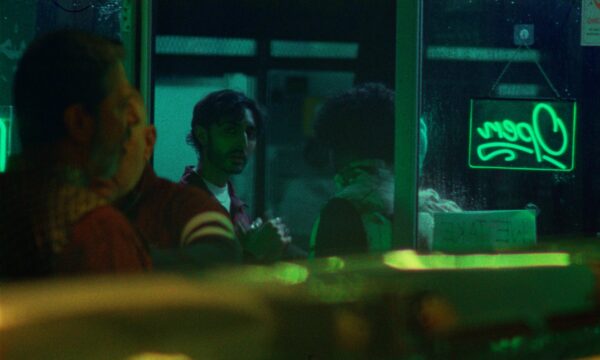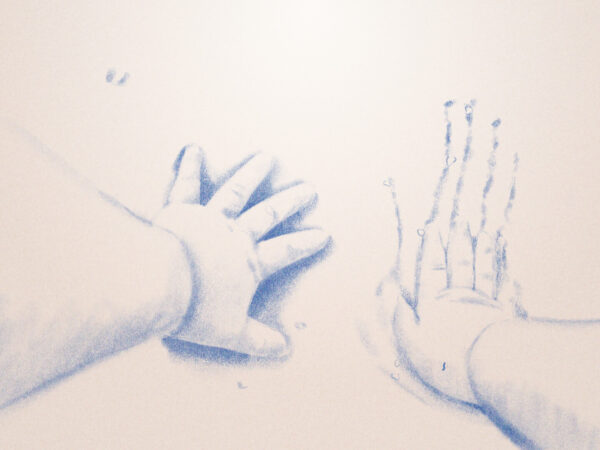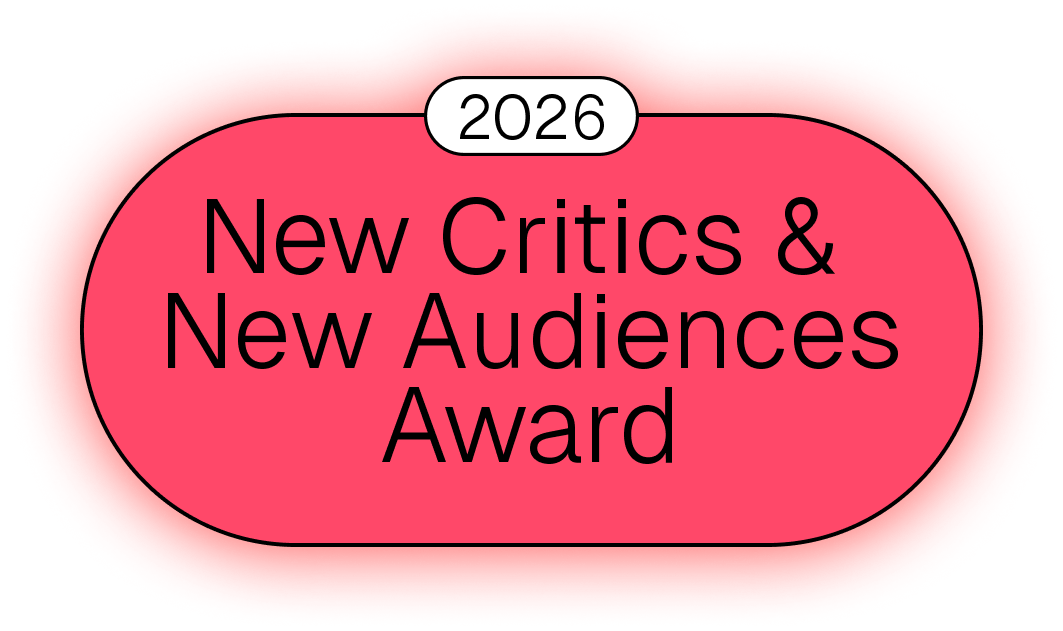Metaphoric Realism
Yellow Bus
Through symbolism and suggestive framing, Zoljargal Purevdash tells a story of contemporary Mongolia’s troubles.

Arguably the most socially conscientious filmmaker in Mongolia today, Zoljargal Purevdash blends a humanistic impulse with social issues affecting the country, timely and timeless alike in her films. Her 2019 short Naked Bulb focuses on the sexual frustrations of a woman whose husband has been working abroad in South Korea for years–a voluntary separation that thousands of households in Mongolia sign up for in hopes of better pay and a brighter future. Stairs (2020) tells the story of a young girl’s quest to help her disabled brother attend barber training classes and gain a certain sense of independence–nothing short of Herculean labour in the inaccessible if not downright hostile, public spaces in Ulaanbaatar.
In her latest short, Yellow Bus, which recently had its world premiere at the Tampere Film Festival, Zoljargal continues these thematic concerns. Tsetsen is a single parent living with her mother and son in Ulaanbaatar. She works as a conductor on the titular yellow bus, but her job description extends beyond selling tickets. As Zoljargal explains in the director’s statement, “bus conductors were the guardians of social manners and morals,” who reminded passengers that seats be given to pregnant women, the elderly and disabled people, and who fought with alcoholics and perverts on the vehicle. Zoljargal says that bus conductors were so because they no longer are. In 2015, the public buses in Ulaanbaatar were equipped with smart card readers, leaving the bus conductors jobless. The story of Yellow Bus starts with the news of this looming change.
On one eventless evening during Tsetsen’s shift, a drunk man refuses to pay for his fare, spits curses and hits her. Tumur, another man on the bus, comes to her defense and violently kicks the drunkard off the ride. He and Tsetsen then “share” a walk back home in a moment of brilliantly understated humor. The following day, Tsetsen finds Tumur fixing her broken fence door (in keeping with Zoljargal’s motif of salt-of-the-earth-type men helping women with household tasks, such as in ‘Naked Bulb’). This action symbolically allows him to enter her world as the two begin a relationship. But reality quickly threatens the couple’s romanticism as the other shoe drops in the form of the smart card reader, and Tsetsen loses her job. Tumur asks her to move to the countryside with him. “In the city, you’re nothing without money,” he says. But Tsetsen hesitates.
Yellow Bus uses symbolism and suggestive framing to tell this story of contemporary Mongolia’s troubles. Zoljargal proves resourceful in using details in everyday reality in the service of both her story’s realism and visual metaphors. In a scene where Tumur and Tsetsen cross a road while laughing on their date, cinematographer Davaanyam Delgerjargal’s static long take draws attention to the other side of the street, specifically to a building sign that reads “E-Mongolia,” the country’s recent digital governance services system, which serves as an anachronistic foreshadowing to the imminent arrival of the smart card device. Shortly after Tumur’s proposal to move together to his native province and Tsetsen’s reticent response, the camera lingers on the back-door window of the bus, showing the outside view pass by as the vehicle moves forward. The space on top of the door is covered in posters of racehorses in the countryside–a familiar sight for almost anyone who has taken a bus ride in Ulaanbaata –motionless and facing the opposite direction of the bus.
The film’s sense of realism is also more conspicuously apparent in its screenplay (commuters not buying a ticket unless demanded individually, the bus driver’s cabin door being carelessly left open, etc.), the characters’ natural dialogue (including some very foul language of the drunkard, played effortlessly by veteran comedian Delgersaikhan Danaa), and outdoor settings in the dusty, hilly ger or yurt districts and their dark little alleys. Moreover, Zoljargal knows better than to paint a picture-perfect portrait of her heroine. When Tumur tries to allay Tsetsen’s fears and suggests it’s unlikely that all bus conductors will be fired, Tsetsen replies nonchalantly, “Even if they don’t, it’s hard to live on just my salary alone.” The blink-and-you-miss-it scene reveals Tsetsen’s fear of losing not just her job but also her “extra” income, something that has become an integral part of life in Mongolia where even the obstetricians sit idly, surrounded by cries of pain, unless an envelope or two is slipped to them. The only odd moment that dents the story’s credibility is Tsetsen and Tumur’s first interaction on the bus. It plays out as if they’re already familiar with each other before it is shown only moments later that they are not.
Of course, the success of a work of art isn’t necessarily defined by its verisimilitude to life. But many recent Mongolian titles have won awards at international film festivals while almost wholly failing to resonate with audiences at home who find them unrealistic, stereotypical, or overly sentimental. These include films such as ‘Trio’, a drama focusing on a man with Down syndrome and his quest to complete a Buddhist burial, and ‘The Sales Girl’, a quirky coming-of-age sex comedy with a somewhat idealized vision of Ulaanbaatar. Given this landscape of contemporary Mongolian cinema, where films increasingly seem to be made for audiences abroad with the filmmakers’ eyes on the prize, the gritty realism of Yellow Bus feels highly significant.
The evocative final shot of the film divides the screen in half by showing the outside view of the streets through the bus window and its reflection on the back window of the bus driver’s cabin. At the heart of Yellow Bus, there lies an incisive metaphor of the bus as Mongolia moves towards becoming a so-called digital nation. To stay on the ride, not knowing where it’s headed, or to get off and possibly get deserted in the middle of nowhere? For the country’s significant size of population in precarious employment and poverty (27.8% poverty rate as of 2020), as for Tsetsen, there seems to be no right choice–if there’s a choice at all.






There are no comments yet, be the first!